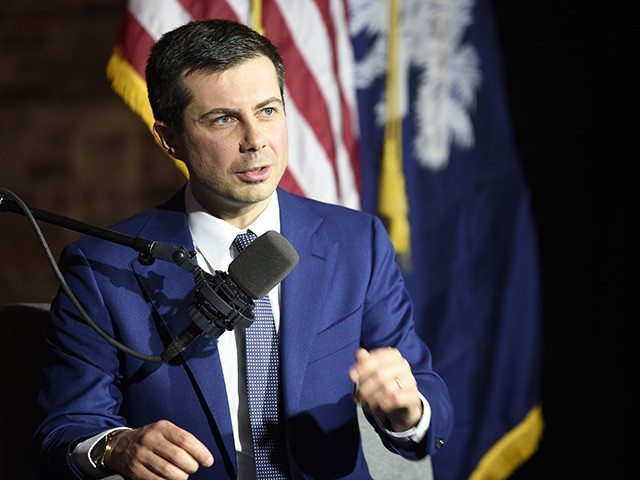Former Mayor Pete Buttigieg argued Thursday that U.S. taxpayers’ obligation to fund reparations for black Americans has grown over generations of “systemic racism,” just as the value of an investment grows with compound interest.
“If the federal government, in other words, the U.S. taxpayer, funded these harms, then we have to fund a way to mend what was broken,” Buttigieg said.
Buttigieg spoke about reparations with CEO of IMPACT Strategies Angela Rye at Claflin University in South Carolina.
The former mayor of South Bend, Indiana, cited the concept of compound interest to defend his position, noting that a “dollar stolen” from black Americans in the past required heavy financial investments to repair that wrong.
“The fact that some of these harms came about a long time ago doesn’t make it better, it makes it worse,” he said.
Reparations for slavery, he said, were essential for righting a wrong, especially ongoing systemic racism in government.
He cited as an example the federal government’s Homestead Act of 1862, which took land from Native Americans, then gave 1.6 million white Americans land to settle — yet only gave land to 6,000 black Americans.
“This is not doing someone a favor, this is about fixing a harm,” he said.
Buttigieg endorsed H.R. 40, a House bill creating a Commission to Study and Develop Reparation Proposals for African-Americans.

COMMENTS
Please let us know if you're having issues with commenting.